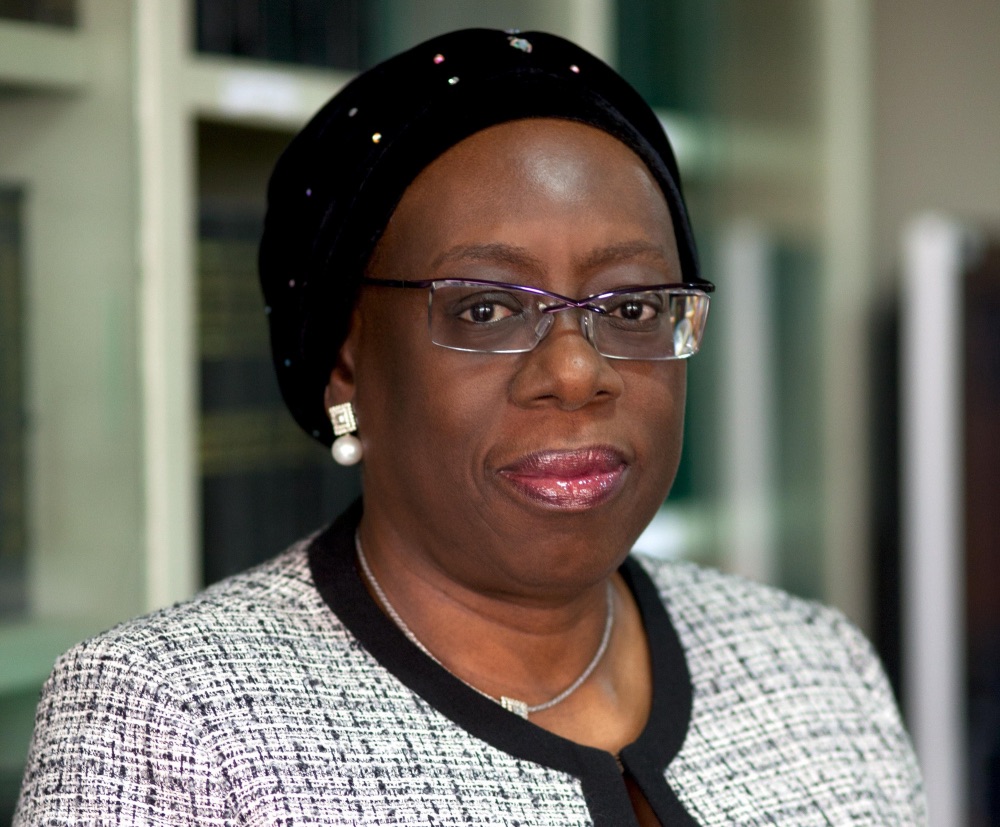ABUJA, Nigeria — The National Judicial Council, NJC, held an unexpected closed-door meeting on August 15, 2024, during which it proposed Justice Kudirat Kekere-Ekun as the next Chief Justice of Nigeria.
This proposal comes as the current Chief Justice, Justice Olukayode Ariwoola, prepares to retire on Thursday, August 22, 2024, upon reaching the mandatory retirement age of 70.
The NJC’s recommendation signals a significant moment in Nigeria’s judicial history, as Justice Kekere-Ekun is set to become one of the few women to hold the position of Chief Justice in the country.
In addition to her nomination, the NJC also recommended 27 others for appointment as judges to various state high courts, continuing its effort to bolster the judiciary across Nigeria.
Born on May 7, 1958, in London, United Kingdom, Justice Kudirat Motonmori Olatokunbo Kekere-Ekun, CFR, has had a distinguished career in the Nigerian judiciary.
She obtained her bachelor’s degree in Law from the University of Lagos in 1980 and was admitted to the Nigerian Bar in 1981. She furthered her legal education at the London School of Economics, where she earned a master’s degree in Law in November 1983.
Kekere-Ekun began her judicial career as a Senior Magistrate II in the Lagos State Judiciary, eventually rising to the position of State High Court Judge.
She gained significant recognition while serving as Chairman of the Robbery and Firearms Tribunal, Zone II, Ikeja, from November 1996 to May 1999.
Her expertise and dedication led to her appointment to the Nigerian Court of Appeal in 2004, and later to the Supreme Court of Nigeria in July 2013.
In October 2022, President Muhammadu Buhari honoured her with the Commander of the Order of the Federal Republic (CFR), reflecting her contributions to the legal profession and her service to the nation.
Justice Kekere-Ekun’s judicial career has not been without its controversies. Notably, in 2020, she was part of the seven-member panel that issued the contentious ruling nullifying Emeka Ihedioha’s election as governor of Imo State and declaring Hope Uzodinma of the All Progressives Congress (APC) the winner instead.
The decision sparked significant debate, with Ihedioha calling the verdict “unfair, unjust and [one that] does not reflect the voting that took place during the elections,” though he accepted the ruling.
As Justice Kekere-Ekun stands on the brink of becoming Nigeria’s next Chief Justice, her extensive experience and notable career achievements suggest she is well-prepared to lead the nation’s judiciary.
The formal appointment is expected to follow after Justice Ariwoola’s retirement next week.
The NJC’s recommendation will now await confirmation by President Bola Tinubu and the Senate, as required by Nigerian law.
If confirmed, Justice Kekere-Ekun will face the challenging task of steering the Supreme Court at a time when the judiciary continues to be at the center of national discussions on justice and fairness.
The legal community and the nation now look forward to the final decision, which could mark the beginning of a new era in the Nigerian judiciary.







